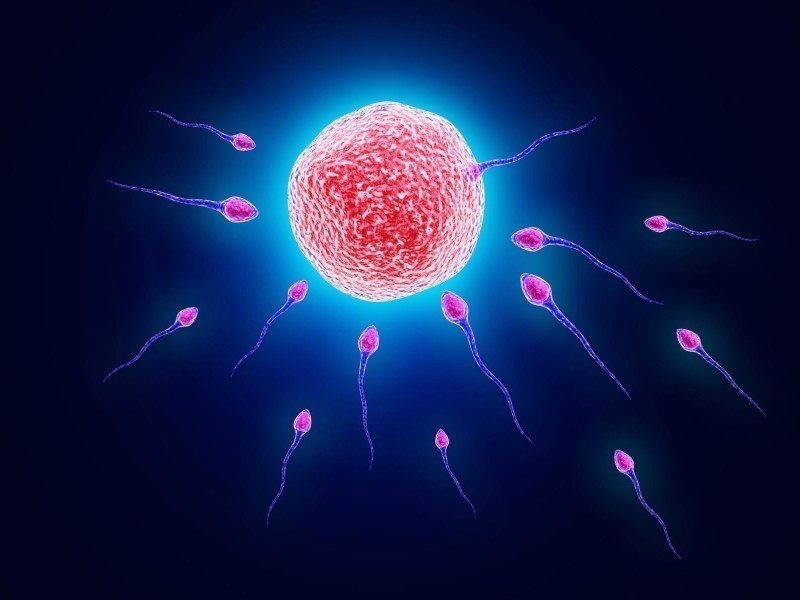Fertilization: Sperm and ovum
Sperm and an ovum are required for conception to take place. Conception is not, strictly speaking, a medical term. Conception is better referred to as fertilization. Fertilization takes place when a sperm fertilizes an ovum.
Ovum
An ovum is an egg. The female sex glands, called ovaries, produce eggs. Ova refer to many eggs.
Sperm
The male sex cell is called sperm. Sperm is also known as spermatozoon or semen. Sperm cells are produced in the male sex glands called testicles.
Ovulation
Ovulation is when an egg is released from an ovary. Ovulation occurs about every fourteen days after the first day of the last period.
How long do sperm live for?
Sperm can live for up to seven days once it is placed inside someone’s body. This is the case for sperm inserted into the body through intercourse or insemination.
Ejaculating outside of someone’s body (in vitro) may influence the lifespan of the sperm. Research has shown that sperm may have a lifespan of a few hours when it lies outside of someone’s body.
How long does an egg live for?
An egg lives for 12-24 hours. Its lifespan is much shorter than the lifespan of sperm.
When is the best time to try and conceive?
Once placed inside the other person’s body, sperm can live for several days.
In comparison, the lifespan of an egg is much shorter. An egg can only live for 12-24 hours.
How often should we try?
If you are working with a fertility clinic then they will advise you on the steps involved with your fertility plan.
If you are inseminating yourself in your own home, ejaculating every other day is useful. Ejaculating each day may result in less sperm being produced. This means having a break of at least one day before ejaculating might help.
As the information from Pink Families provides does not in anyway replace medical advice, consulting the advice of an expert such as your physician (doctor) or your fertility specialist may help you work out what to do. Also, the guidance booklet called Pregnant Pause produced by Stonewall outlines how to go about inseminating at home. Pregnant pause may be helpful for some.
How long does it take for sperm to get to an egg?
The mobility of sperm is referred to as motility. The fastest sperm can get to a fallopian tube is about 30 minutes.
This means that fertilization can occur half an hour after the sperm has been placed into the procreative partner’s body.
However fertilization can occur up to five days after the sperm has been placed there (some experts say seven days).
Anything else required?
Pregnancy happens very quickly for some, even the first time they try. For others they may not be able to get pregnant, and for some it takes a much longer time and much more effort is required. Therefore patience and stamina are also required when you are trying to get pregnant. Laughter and fun are also important parts of this process and although it may take time to get pregnant, try to enjoy yourself as this is one of the most exciting times involved in the journey of pregnancy.
References
National Health Service. Fertility: The facts 2013 [05/21/13].


